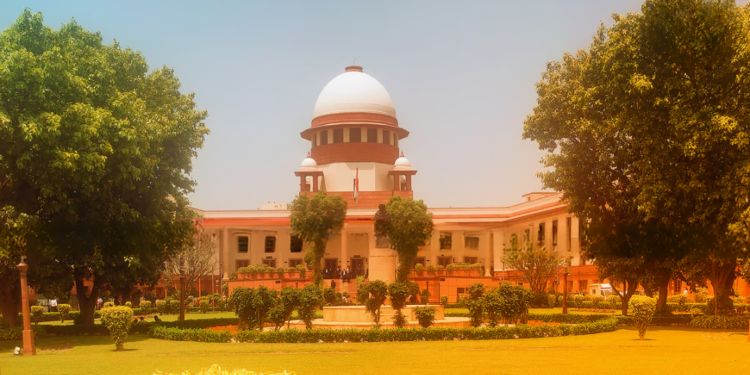On Monday, the Supreme Court expressed surprise upon discovering that the Patna High Court had set a one-year deadline for a trial court in Bihar to conclude a criminal case trial [Santosh Kumar @ Santosh v. State of Bihar].
A Division Bench of Justices Abhay S. Oka and Augustine George Masih noted that the High Court had issued this directive without considering the significant backlog of cases faced by trial courts.
“The High Courts are issuing such directions without even considering that every criminal court in the State of Bihar will have huge pendency,” stated the Court’s order from July 22.
The Bench further pointed out that this directive contradicted the Supreme Court’s ruling in High Court Bar Association, Allahabad vs. State of Uttar Pradesh and Others (2024), which held that constitutional courts should avoid imposing time schedules for the disposal of cases in other courts.
The Court was hearing an appeal against the Patna High Court’s February 2024 decision to reject the bail plea of a man arrested in a cheating case in 2023. Along with rejecting the bail plea, the High Court had ordered that the criminal trial against the accused be completed within a year and granted the accused the liberty to renew his bail plea if the trial was not completed by then.
Aggrieved by the rejection of his bail plea, the accused approached the Supreme Court for relief. Observing that the trial was likely to take a long time, the Supreme Court granted the accused bail, noting he had been in jail since August 2023.
The top court also considered that the accused had already been granted bail in other cases cited as “criminal antecedents” to oppose his bail.
“A case is made out for enlarging the appellant on bail, pending trial. For that purpose, the appellant shall be produced before the Trial Court within a maximum period of one week from today. The Trial Court shall enlarge the appellant on bail on appropriate terms and conditions, pending trial,” the Court ordered, allowing the bail plea.

















